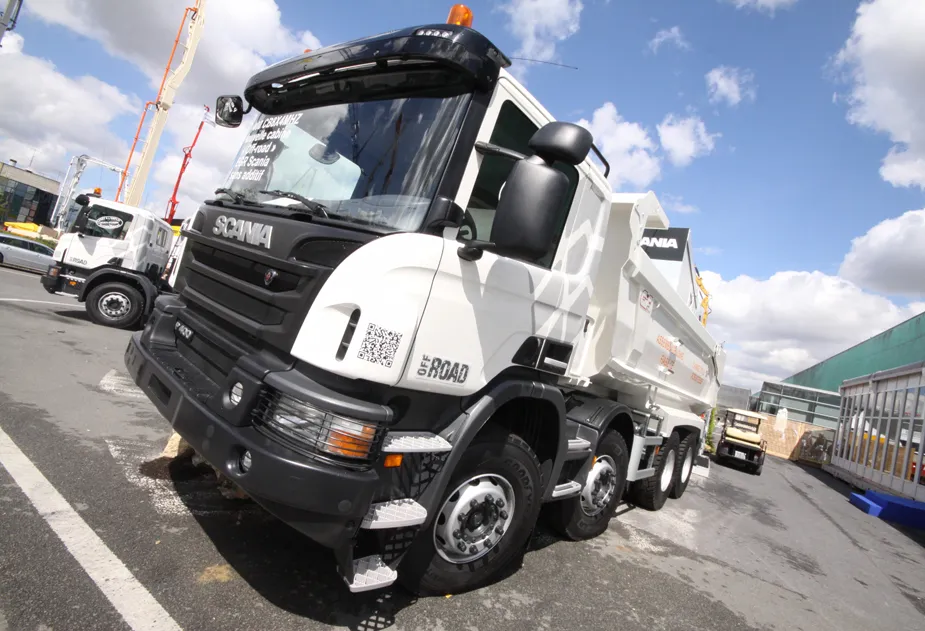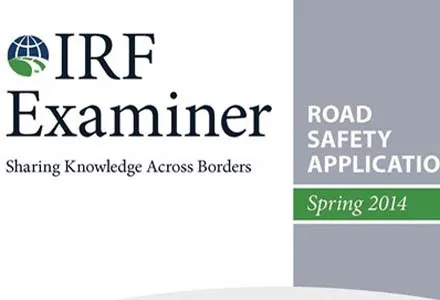This year’s European Day Without A Road Death (Project EDWARD) takes place today, emphasising a theme of vulnerability. It is organised by the European Traffic Police Network (
On average, 70 people per day are killed on Europe’s roads, and TISPOL says: “Driver behaviour remains the most important barrier to progress as we approach 2020 and its reduction targets.”
The organisation continues: “This year we stress the notion that we are all more vulnerable than we think we are. The word vulnerable probably leads us initially to picture children crossing the road, cyclists in traffic, motorcyclists as well… but we are all at risk. So today let’s all reflect on the risks we face and the risks we pose to others.”
The %$Linker:
European Day Without A Road Death: ‘Everyone’s vulnerable’
This year’s European Day Without A Road Death (Project EDWARD) takes place today, emphasising a theme of vulnerability. It is organised by the European Traffic Police Network (TISPOL), which offers a somewhat pessimistic view of the state of play. “We have spent time reflecting on recent results which paint a very mixed picture of progress in reducing deaths and serious injuries on Europe’s roads,” TISPOL says in a statement. “For the first few years of this decade, countries across the EU have been highly
September 25, 2019
Read time: 2 mins







